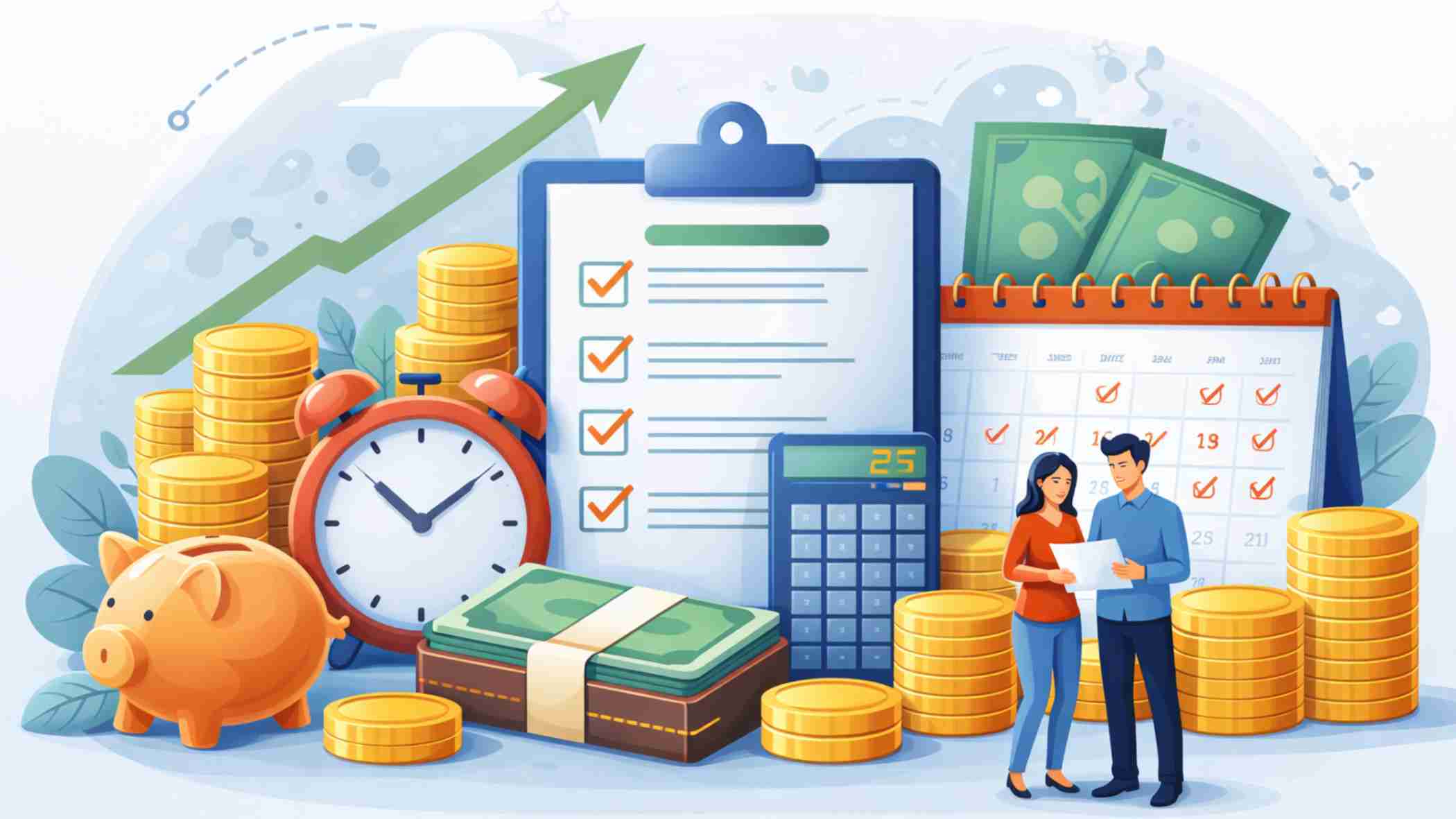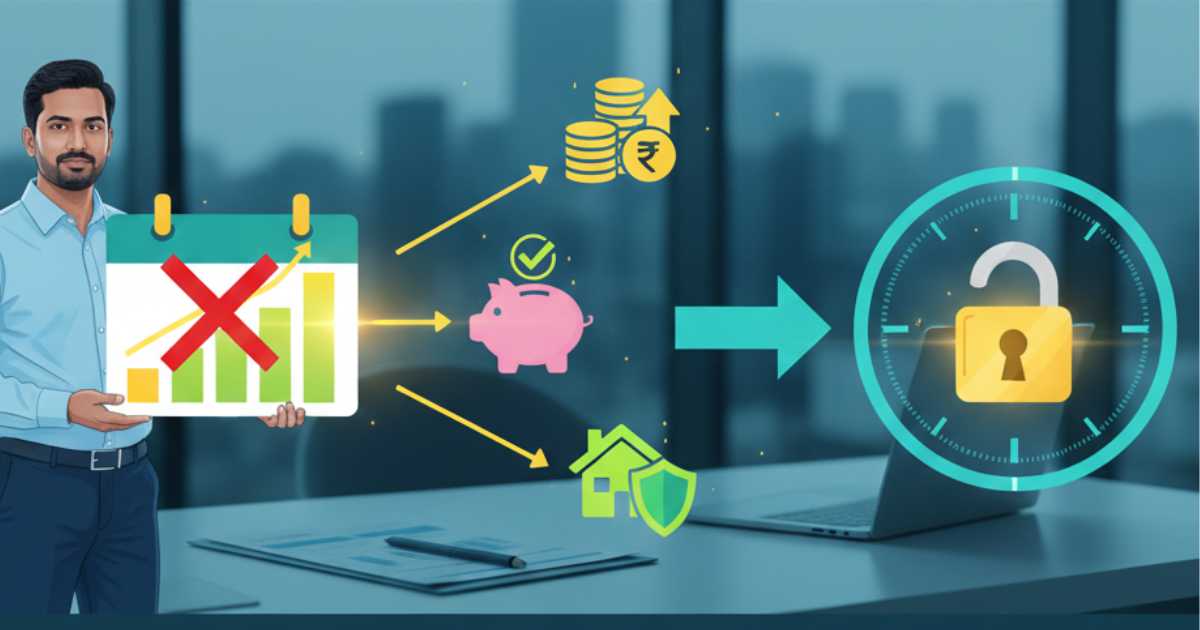· Real Estate · 3 min read
Ready to Buy Your First Home in India? Here's What You Should Know!
Owning a home is a dream for many Indians, but fluctuating interest rates and rising property prices make it a challenging decision. Discover insights into the Indian housing market, the impact of interest rates, and key considerations for first-time home buyers.

Owning a home is a dream for many Indians. But with changing interest rates and property prices, you might be wondering if now is the right time to buy. Let’s explore this important decision together.
What’s the current state of the Indian housing market?
The Indian real estate market is buzzing with activity. Property prices in major cities like Mumbai and Delhi are on the rise. Even smaller cities are seeing an increase in price. This trend means houses are getting more expensive over time.
How are interest rates affecting home buyers?
Interest rates on home loans are currently around 8.5%. This makes monthly payments difficult for new home buyers. It’s one of the reasons why some people are thinking twice before buying. But remember, most home loans in India have floating rates. This means when interest rates go down in the future, your monthly payments could decrease too.
Is waiting for lower interest rates a good strategy?
Waiting for rates to drop might seem smart, but it’s not always the best move. Here’s why:
No one knows when the rates will drop.
While you wait, home prices might keep going up.
The increase in property value could cancel out any savings from lower interest rates.
For example, if you wait a year and property prices go up by 5.9% (which is the current trend), a house worth Rs 2 crore now could cost Rs 2.12 crore later. Even if interest rates drop by 0.5%, you might end up with higher monthly payments because you’re borrowing more money.
Apart from interest rates, what do first-time buyers need to consider?
Buying your first home involves more than just the loan interest rate. Here are some important factors to think about:
Down payment: You’ll need to pay 20-25% of the home’s value upfront.
Stamp duty and registration: These can add about 7% to the cost of your home.
Your current debts: Make sure you can handle the new loan payments.
Credit score: A good score can help you get better loan terms.
How does buying a home now benefit you?
Buying a home sooner rather than later has some advantages:
You start building equity right away.
You’re protected from rising rents.
You benefit if property values continue to increase.
You gain stability and don’t have to worry about landlords or moving.
Where can I find reliable information about home buying?
The internet is full of resources to help you learn about buying a house and managing your finances. Here are some ways to build your knowledge:
Follow reputable financial news websites such as Money control, Mint, etc.
Use home loan calculators to understand potential costs. Housing.com has a calculator to measure the potential cost of the house loan.
Read blogs from experienced real estate professionals.
Join online forums to learn from other home buyers.
Take free online courses about personal finance and real estate.
Remember to verify information from multiple sources and be cautious of advice that seems too good to be true.
Conclusion
There’s no one-size-fits-all answer. Buying a house is a big decision that affects your finances for years. Take your time, do your research, and think about your long-term goals. Consider your current financial situation, job stability, and plans for the future.
Whether you decide to buy now or wait, make sure it’s the right choice for you and your family. A house is more than just an investment – it’s where you’ll build your life and memories. Choose wisely, and you’ll enjoy the benefits of homeownership for years to come.



.DKPBX8Cq.jpg)